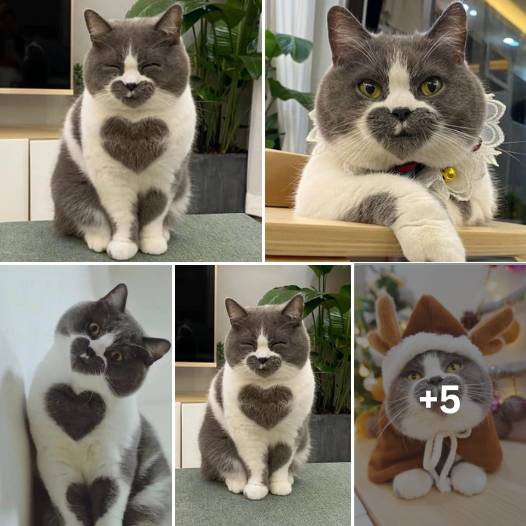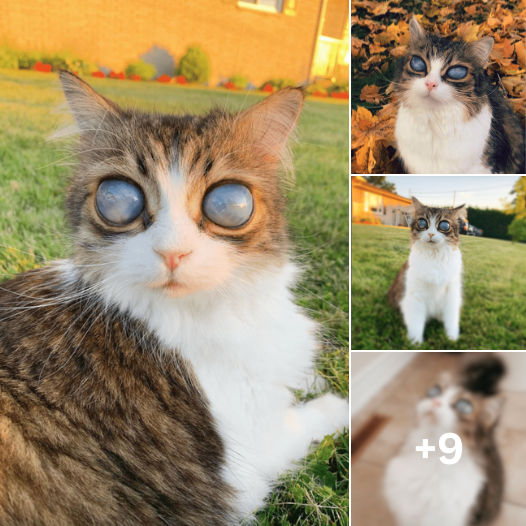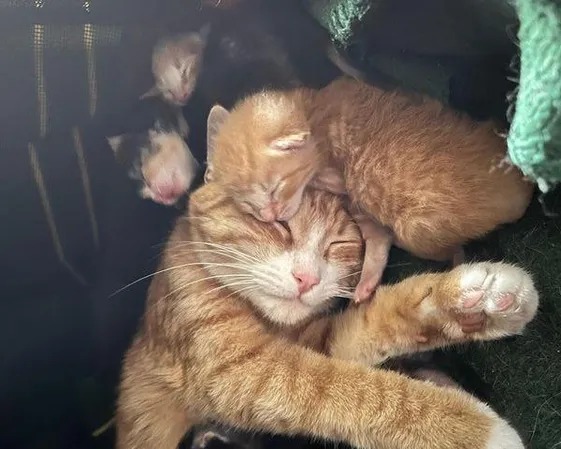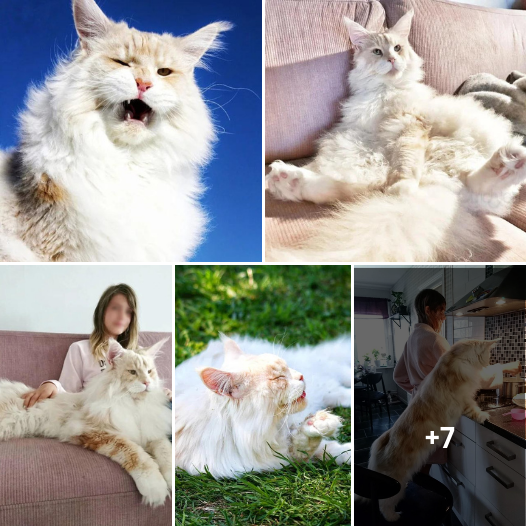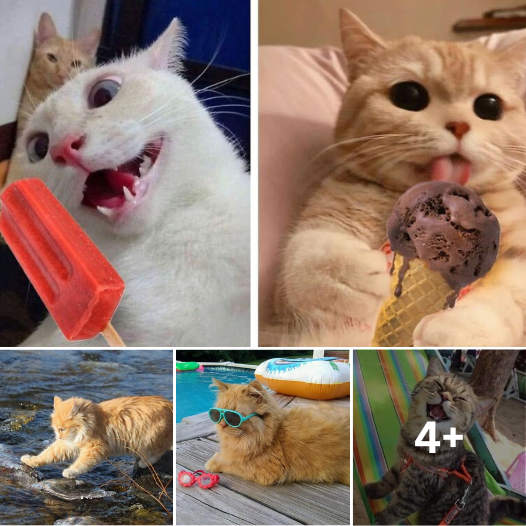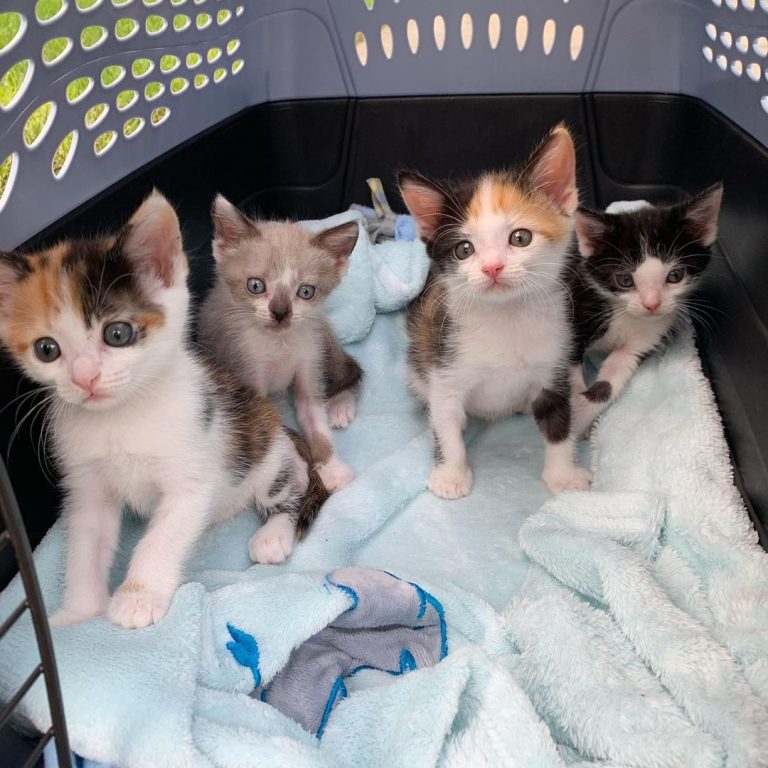The Feline Family Mystery: Can One Litter of Kittens Have Multiple Dads
Ever wondered if a group of kittens from the same litter could have different fathers? Well, it’s not just a wild speculation; it’s a real biological occurrence called superfecundation, especially prevalent in the animal kingdom.
So, what does superfecundation mean exactly?
According to Dr. Donald Shellenberger from VCA Smoketown Animal Hospital in Pennsylvania, “Superfecundation takes place when a female animal mates with multiple males within her fertile window, resulting in a single litter having more than one father.” While each individual kitten can only have one biological father, a litter as a whole can indeed have multiple sires.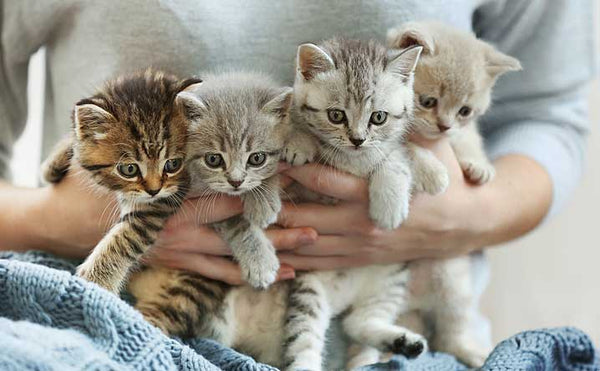
Is this more common in cats or other animals?
Dr. Shellenberger explains that this phenomenon is probably more frequent in canines as opposed to felines. Cats, which are induced ovulators, have a considerably smaller fertile window than dogs, ranging from one to seven days, whereas dogs can be fertile for up to two to three weeks.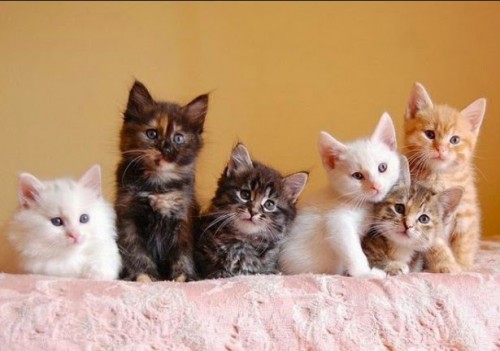
How can you identify if kittens have different fathers?
Dr. Shellenberger suggests that variations in the kittens’ physical attributes, sizes, and fur colors can be telltale signs. This might be easier to ascertain with puppies due to their potentially drastic size and feature differences. For cats, whose physical traits don’t usually differ that broadly (after all, you won’t find an 80-pound domestic cat!), it might be a bit more challenging. Subtle differences in coat and eye colors could be indicators, but they aren’t as reliable since these features could be recessive. One key clue is if the kittens in a litter appear significantly different from one another. For example, if the mother is a purebred Ragdoll and some of the kittens resemble domestic shorthairs while others look like Persians, it’s likely that superfecundation is at play.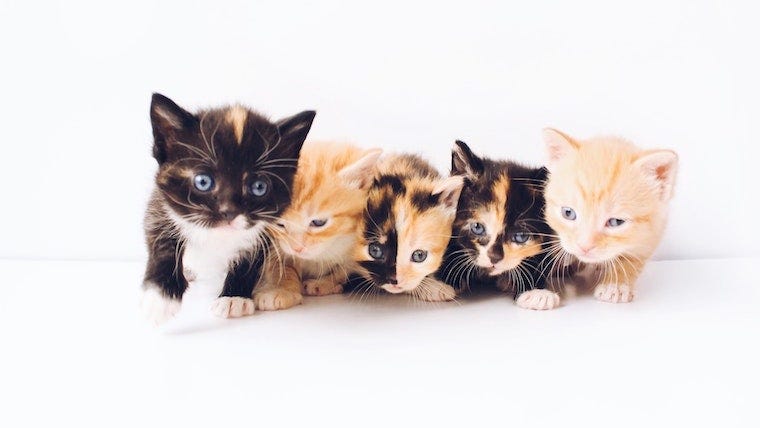
In purebred litters, determining multiple paternity can be incredibly difficult, if not impossible, without a DNA test, especially if all the prospective fathers are of the same breed.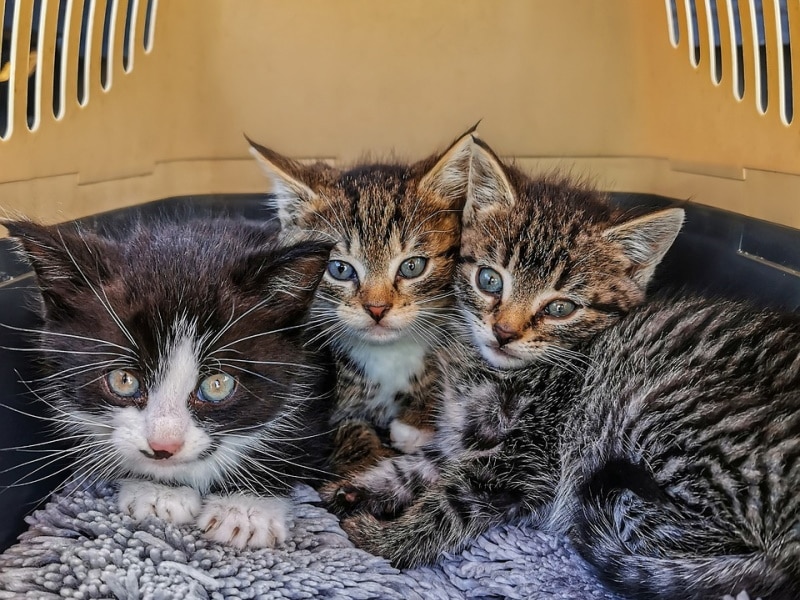
How often does superfecundation occur in cats?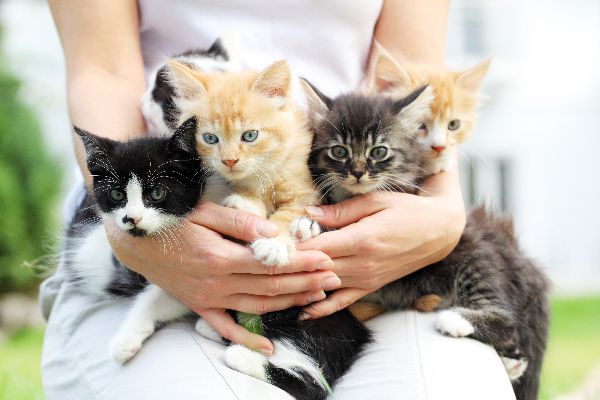
“Superfecundation is more prevalent than one might assume,” says Dr. Shellenberger. Particularly for free-roaming animals, it’s quite commonplace. So, the next time you see a litter of kittens with diverse features, remember: it’s not just possible, but likely, that they might have different fathers.

